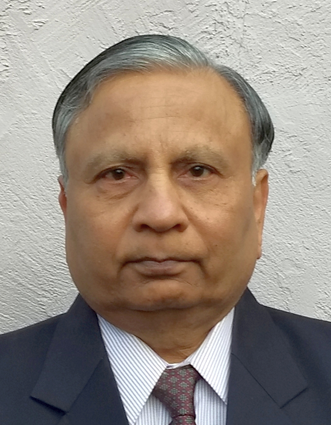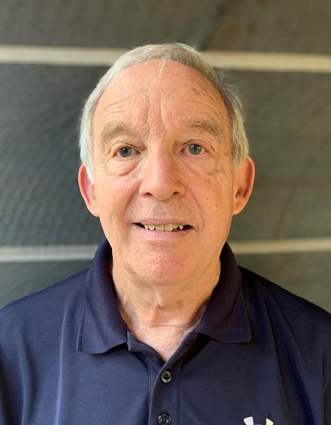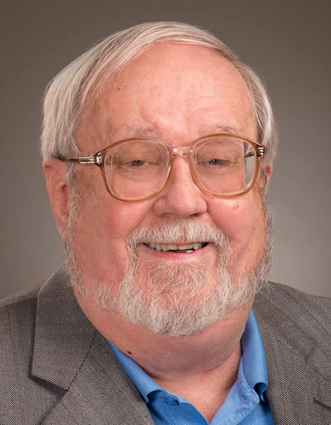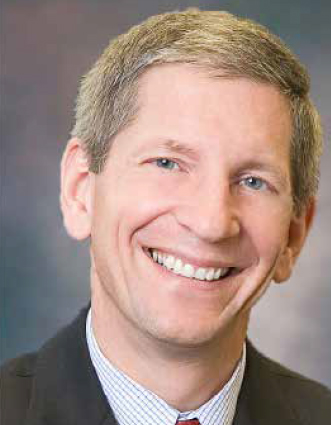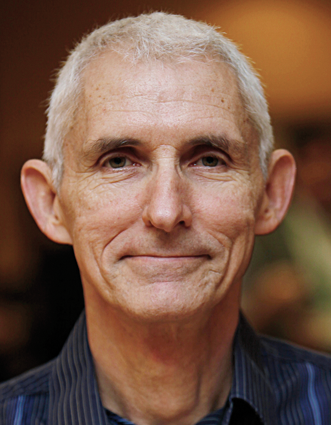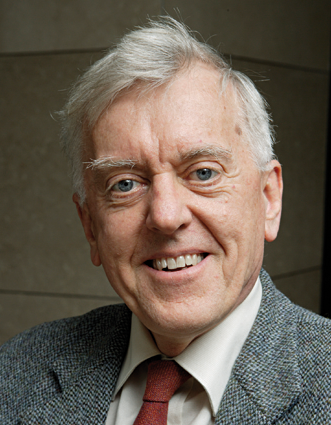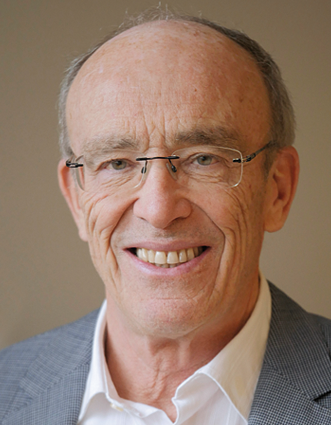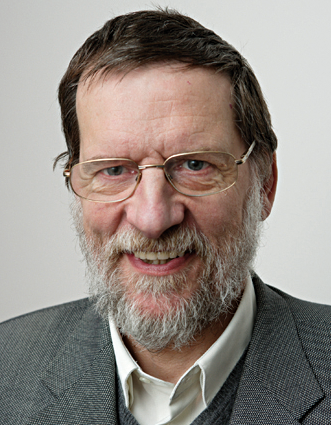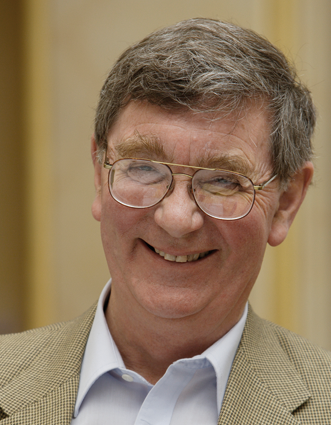Dr. Garud has provided engineering and consulting services for over 45 years to electric utilities, research institutes, and Argonne National Laboratory. Key areas of his interest and experience include:
• Development and application of engineering models for assessing corrosion and materials degradation effects on the life and integrity of major metallic components in nuclear power systems:
− systems covering BWRs, PWRs, CANDU, and HTGR,
− environments including high temperature reactor water, steam, and helium gas, and
− effects including corrosion, oxidation, creep, fatigue, embrittlement, SCC/PWSCC, IASCC, & FAC
• Integrity assessment work related to pressure retaining components, stress–strain analysis of complex thermo-mechanical loads, 3D–plasticity effects, finite element analysis, and safety margins
• Mechanical design/analysis including integration of probabilistic, statistical, and exploratory data analysis methods in component integrity and life assessment, and use of risk/reliability methods
• Technical support in nuclear quality assurance, QA (10CFR50, Appendix B), ASME B&PV Code (Sections III and XI parts) rules and their application
• Nuclear power plant license renewal or long-term operation (LTO) and aging management programs, and related technical audits
• Engineering assessment for problem resolution and independent technical/technology reviews
Mr. William Server is the founding Principal of ATI Consulting and has forty years of technical experience in assessing radiation embrittlement effects, evaluation of nuclear reactor pressure vessel (RPV) surveillance programs, and structural integrity assessments of primary system components. He is an internationally acknowledged expert in the areas of small specimen fracture mechanics and management of materials aging issues, having led several IAEA Coordinated Research Programmes (CRPs) focused on extended license life of nuclear power plants. Mr. Server has consulted with organizations in Argentina, Belgium, Brazil, China, Croatia, Czech Republic, France, Japan, Korea, Mexico, Slovenia, Switzerland, United Kingdom, and USA. He has more than 150 technical paper publications.
Prof. Mr. G. Robert Odette – Distinguished Emeritus Research Professor Odette’s received his PhD from MIT in 1970, before becoming UCSB faculty member for five decades. His research focuses on developing robust methods for predicting the performance, reliability and lifetime limits of materials and structures in extremely hostile service environments; and developing new, high-performance materials, especially for nuclear fission and fusion energy applications.
Prof. Gary Was Structural Material Degradation BIOGRAPHY Professor Was received his ScD from MIT in 1980, after which he joined the Nuclear Engineering Department at the University of Michigan as an Assistant Professor. He became Full Professor in 1990 and was endowed with the Walter J. Weber, Jr. Professor of Sustainable Energy, Environmental and Earth…
Dr. Peter Scott received his B.Sc. in chemistry from the University of Sheffield in England in 1965 and then his Ph.D. in physical chemistry from the same university in 1968. He spent two years as a Post Doctoral Fellow in the Department of Applied Chemistry of the National Research Council of Canada before starting his career in the nuclear industry in 1971 in the Materials Development Division at the Harwell Laboratory of the UKAEA.

